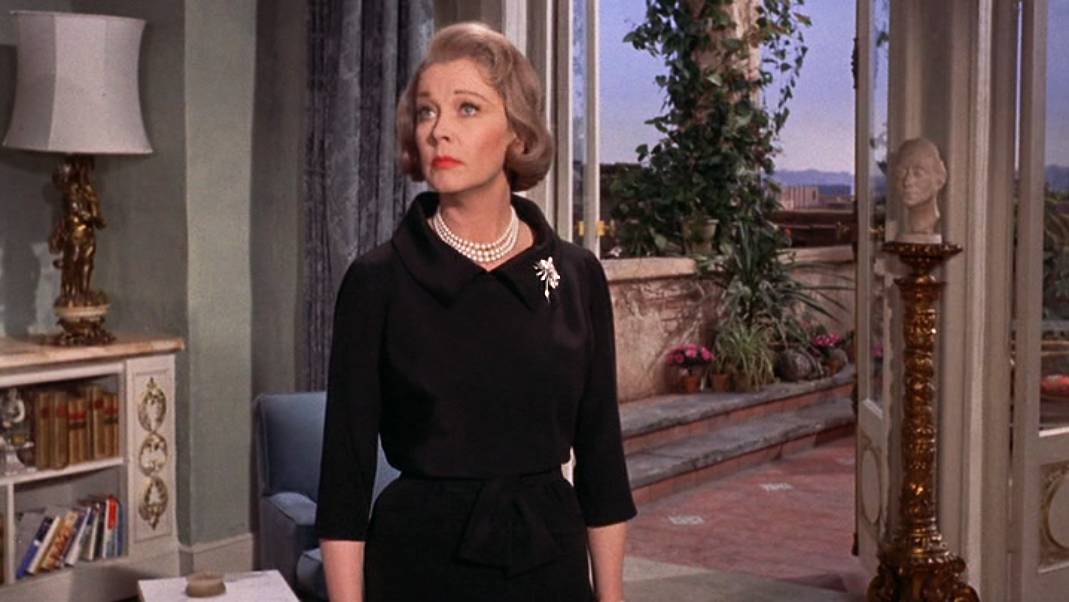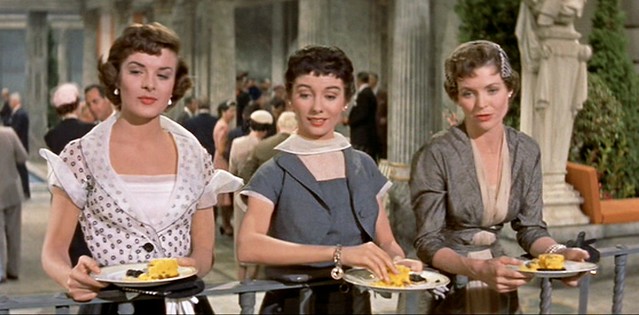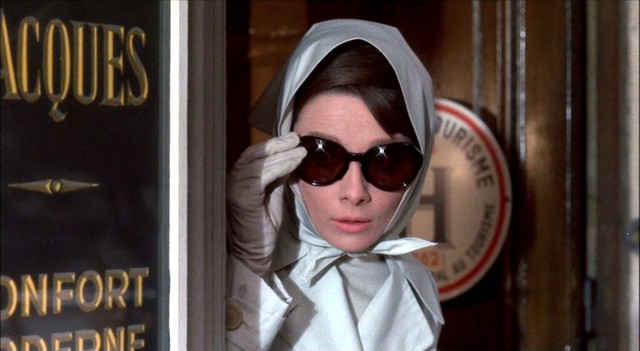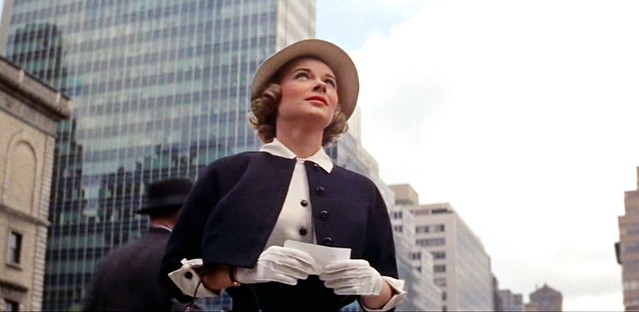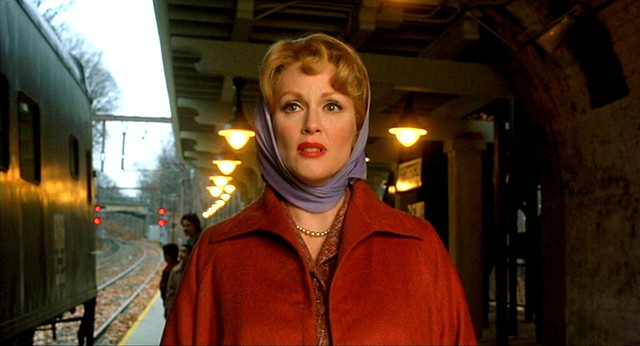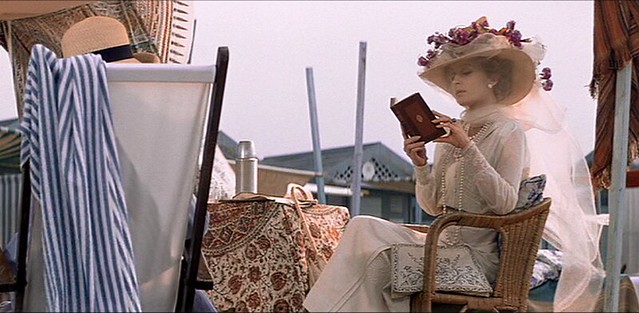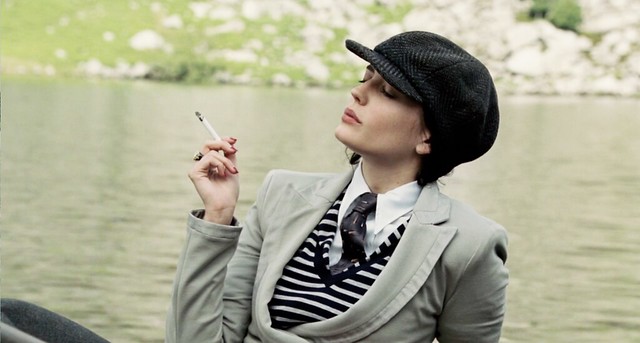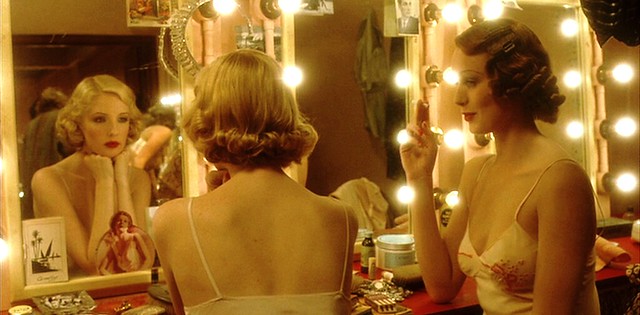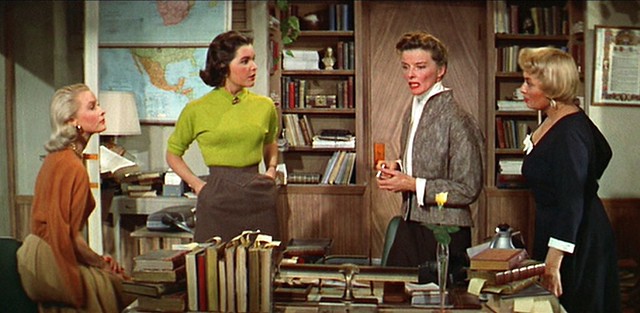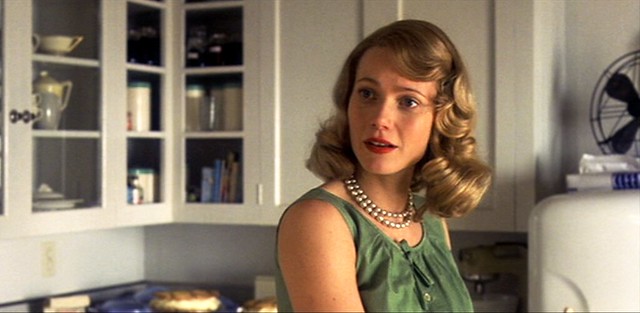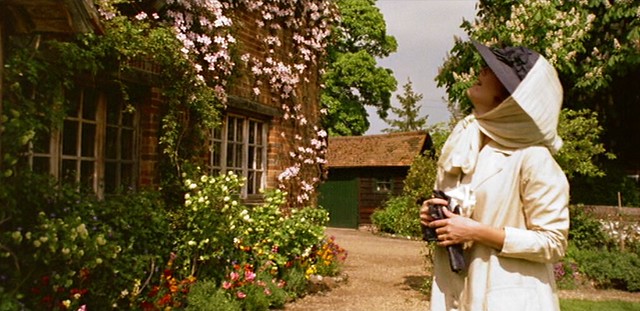Never quite the avid scholar of Ancient Classics, when on the subject of Rome, my mind conjures up instead images from Hollywood's love affair with the city, and with the entire country of Italy for that matter, and I start to wax nostalgic films like Roman Holiday (1953) and Three Coins in the Fountain (1954, see my post here). Another mid-century film set in Rome that probably doesn't get nearly as much mention as it should is The Roman Spring of Mrs. Stone (1961) starring no other than the aforementioned Ms. Leigh and the then newly anointed "It Boy" Warren Beaty, who - that same year - was nominated for a Golden Globe for his performance in the critically acclaimed "coming of age" story Splendor in the Grass (1961) with Natalie Wood.
The Roman Spring of Mrs. Stone was based on a novel of the same name by Tennessee Williams and the story centers around a renowned but aging actress at the so-called "end" of her career (despite only being middle aged) who, after the sudden death of her husband from a heart attack, retires to Rome to cope with her loss and eventually takes on a younger lover to help fill her days.
Leigh was only 47 years old at the time of filming and one can easily draw parallels between her and her character, as Leigh was then also experiencing the "loss" of a husband (she and Olivier divorced that year) and her once indomitable star power seemed to be on its last breaths. It is perhaps less known that Leigh also suffered from manic depression (or bipolar disorder), a tormentous illness which she struggled all her life to conceal but whose devastating effects increasingly unraveled, ending her marriage to Olivier and contributing to the rapidly declining state of her mental and physical health. In his autobiography, Olivier wrote, "Throughout her possession by that uncannily evil monster, manic depression, with its deadly ever-tightening spirals, she retained her own individual canniness – an ability to disguise her true mental condition from almost all except me, for whom she could hardly be expected to take the trouble." On top of that, she also battled with recurring tuberculosis and in May 1967, while rehearsing to appear in Edward Albee's A Delicate Balance with Michael Redgrave, the disease reared its ugly head once again. On July 7, 1967, Leigh was found dead in her bedroom by her then lover and fellow actor John Merivale, lungs filled with water, at the age of 53. She was cremated and her ashes were scattered on the lake at her home, Tickerage Mill, near Blackboys, East Sussex, England.
The Roman Spring of Mrs. Stone was directed by José Quintero, with Production Design by Roger Furse, Art Direction under Herbert Smith and Costume Design by Beatrice Dawson (A Tale of Two Cities (1958), The Importance of Being Earnest (1952), Tom Brown's Schooldays (1951)). Leigh's character of the actress Karen Stone starts off dispirited, melancholic and in mourning, for the sudden death of her husband and perhaps more figuratively, for herself and for the ending of her career.
black dress, pearl necklace, and a large broach pinned to the collar, a style that is repeated frequently on later outfits.
